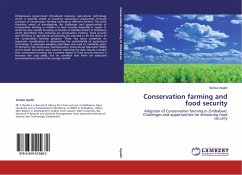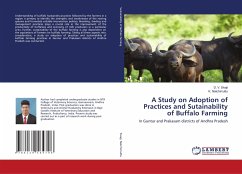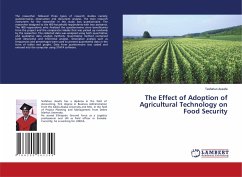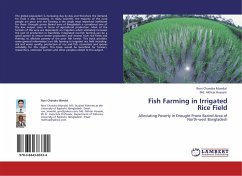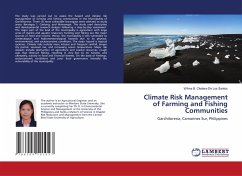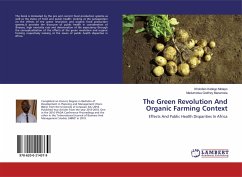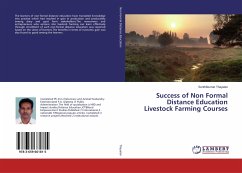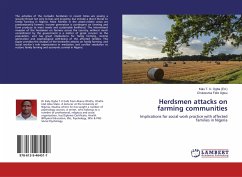Zimbabwean government introduced extensive agricultural technology which is basically aimed at boosting agricultural productivity through provision of conservation farming trainings to different farmers. This book therefore aimed at investigating the challenges and opportunities of conservation farming in relation to food security especially in region V, which has low rainfall; focusing on farmers in Matobo district of Zimbabwe which benefitted from trainings on conservation farming. Food security and efficiency in agricultural productivity are assumed to be the drivers of the conservation farming program. These key issues constitute an important consideration in determining the sustainability of agricultural technology. A purposive sampling technique was used to randomly select 72 farmers in the study area. Questionnaires, Focus Group Discussion (FGDs) and In-depth interviews were used for collecting the data. Results revealed that conservation farming has a positive impact in food security because it increases the crop yields, but on condition that there are adequate environmental conditions like enough rainfall.
Bitte wählen Sie Ihr Anliegen aus.
Rechnungen
Retourenschein anfordern
Bestellstatus
Storno

